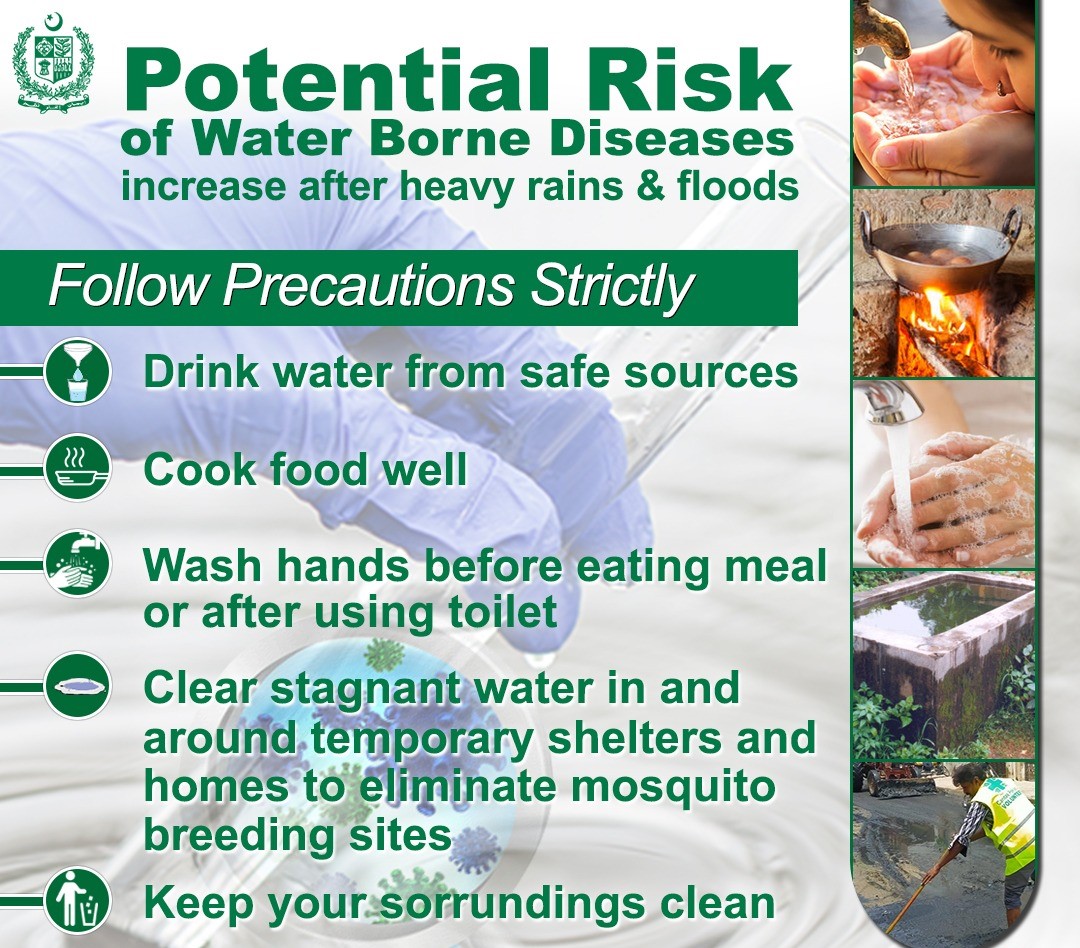
By Shahzad Azeem
Access to clean and safe drinking water is a fundamental human right essential for maintaining health and preventing waterborne diseases. However, in rural areas of Pakistan, the lack of awareness regarding the importance of using hygienic and boiled water, coupled with poverty-driven factors, has resulted in a significant prevalence of waterborne diseases. Waterborne diseases such as cholera, typhoid fever, and diarrhea are widespread in rural Pakistan due to contaminated water sources. The absence of proper sanitation facilities and the contamination of water bodies with sewage and industrial waste exacerbate the problem, leading to frequent outbreaks of diseases.
One of the primary challenges in combating waterborne diseases in rural Pakistan is the lack of awareness among the population regarding the importance of using hygienic and boiled water. Many communities rely on untreated water from contaminated sources such as rivers, ponds, and shallow wells, unaware of the health risks associated with consuming such water.
Poverty is a significant driving factor that hampers people’s ability to access safe drinking water in rural Pakistan. Limited financial resources force families to prioritize basic necessities over purchasing bottled water or investing in water purification methods. As a result, they often resort to using untreated water, despite the associated health risks.
Addressing these challenges requires a multi-faceted approach encompassing education, infrastructure development, and community engagement to ensure access to safe drinking water and improve the health and well-being of rural populations.


